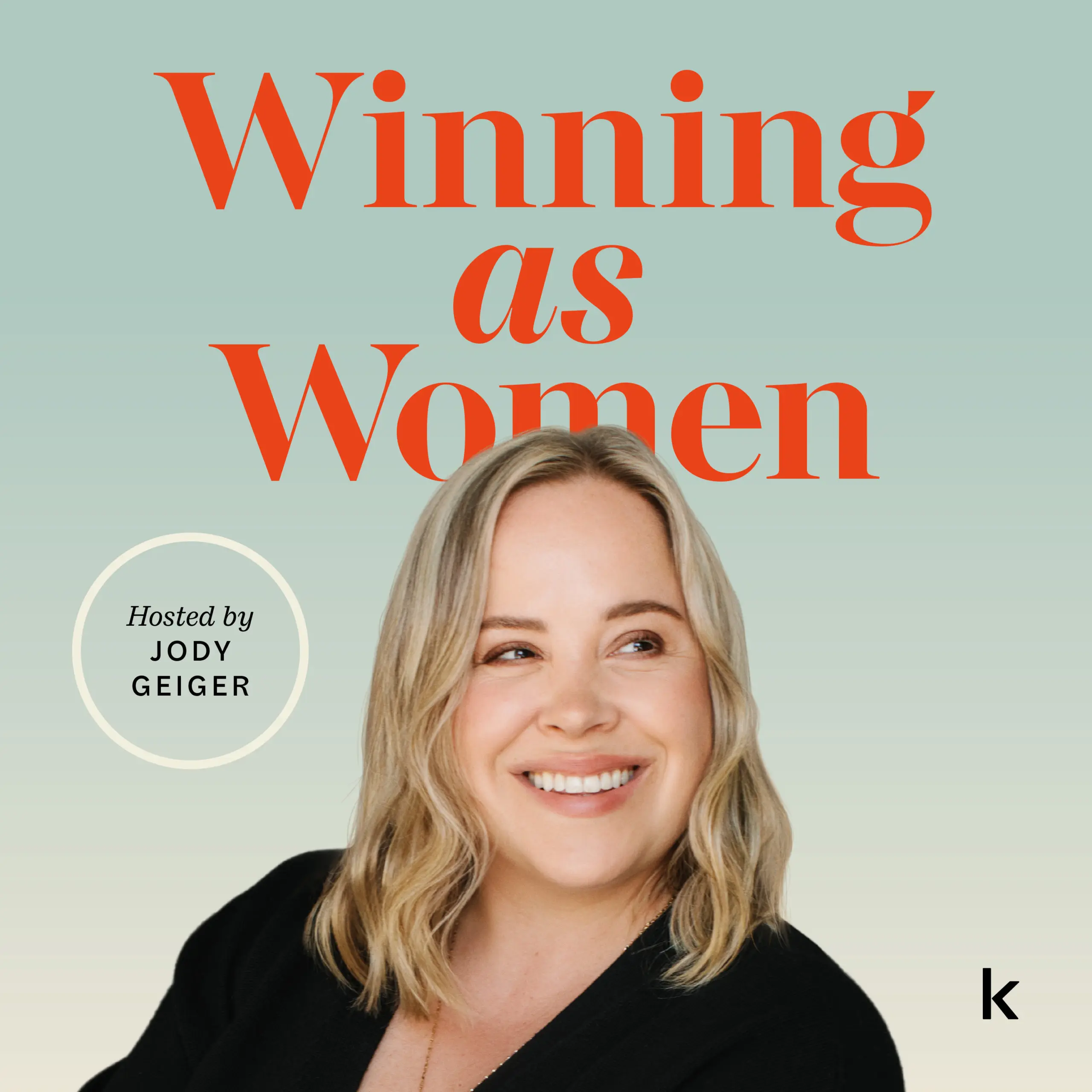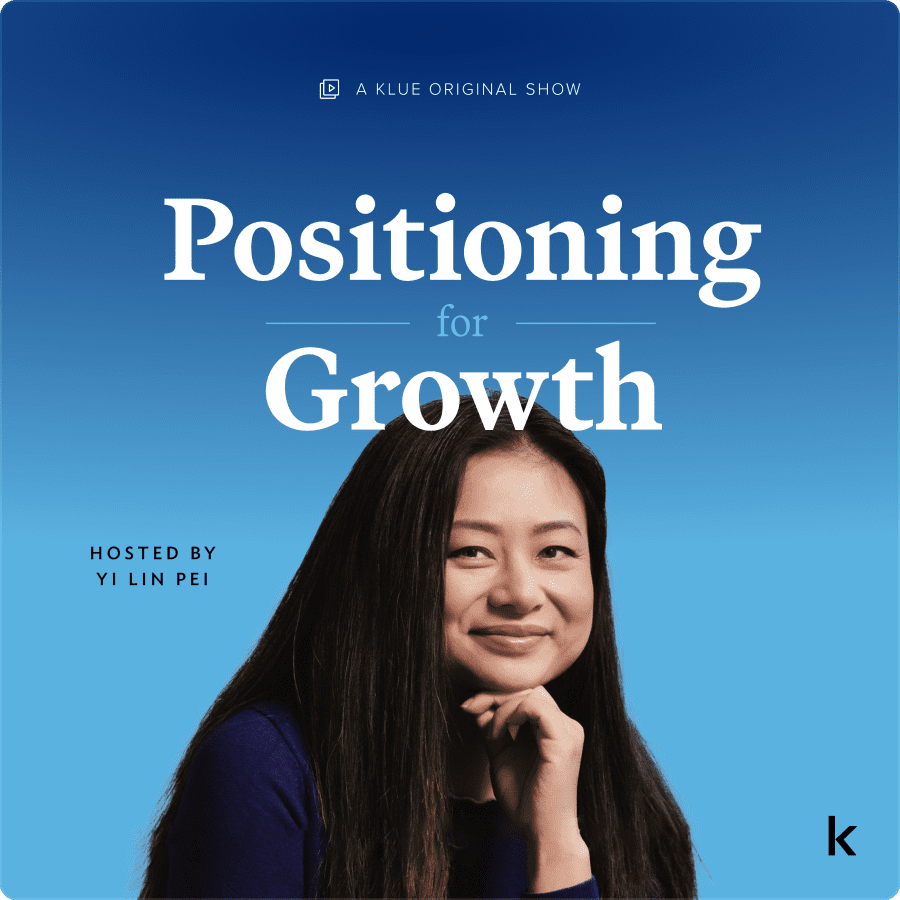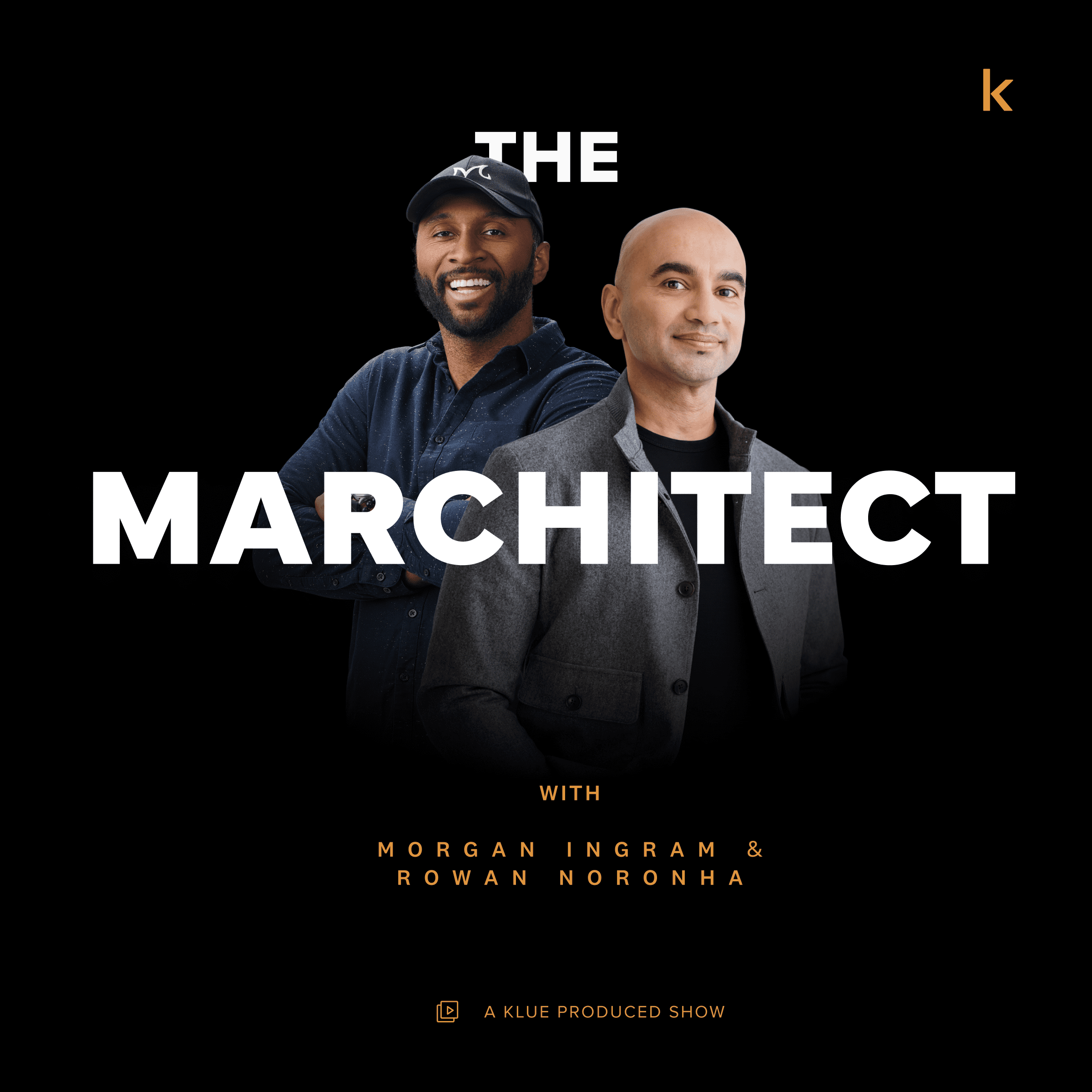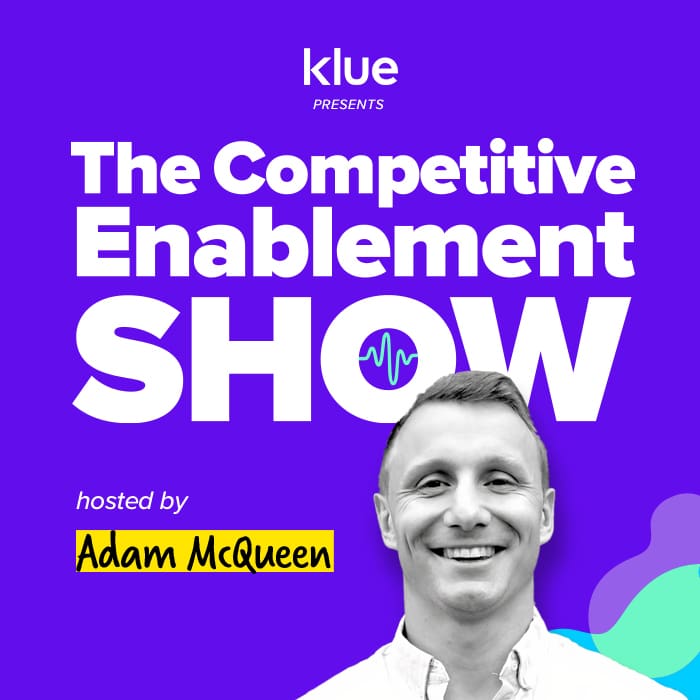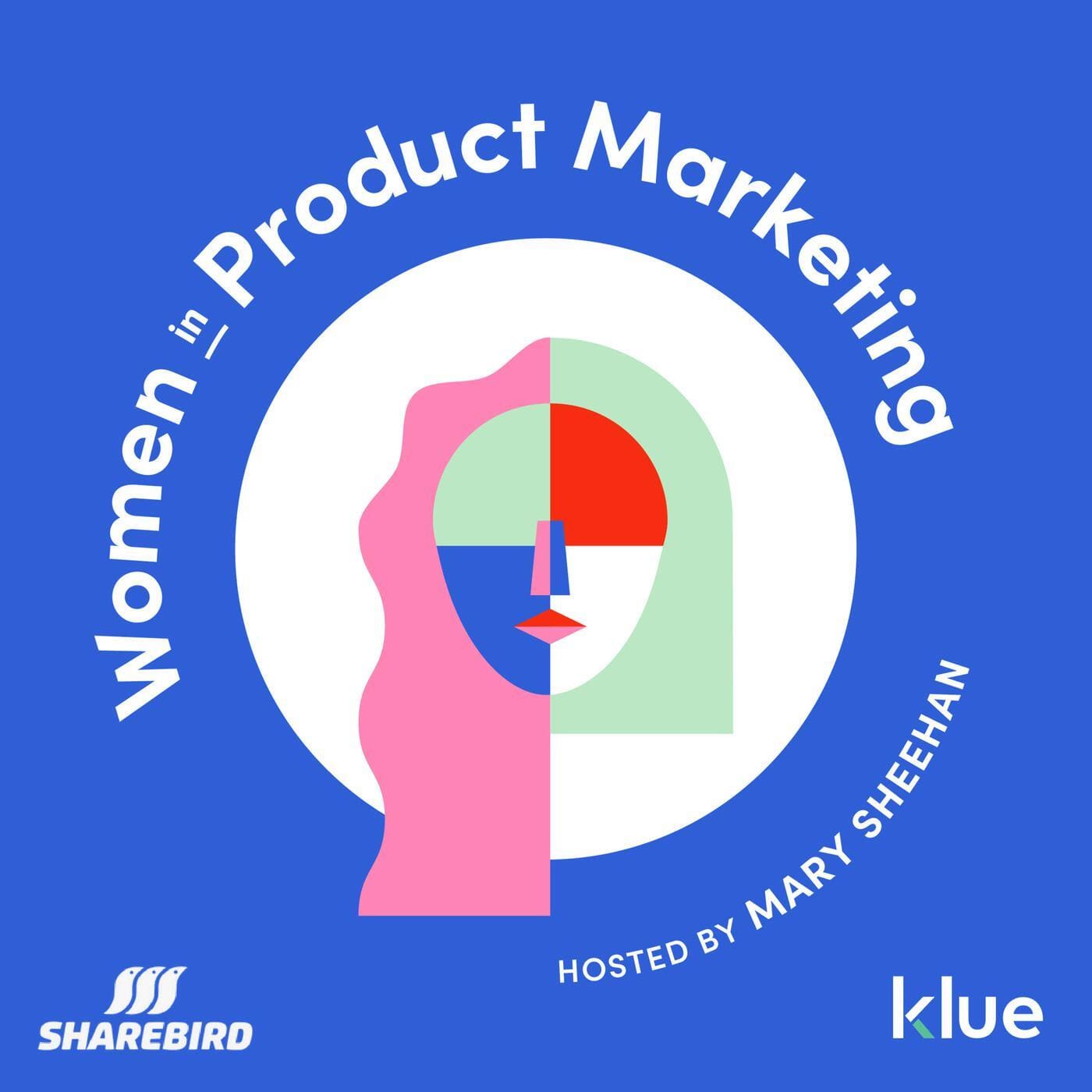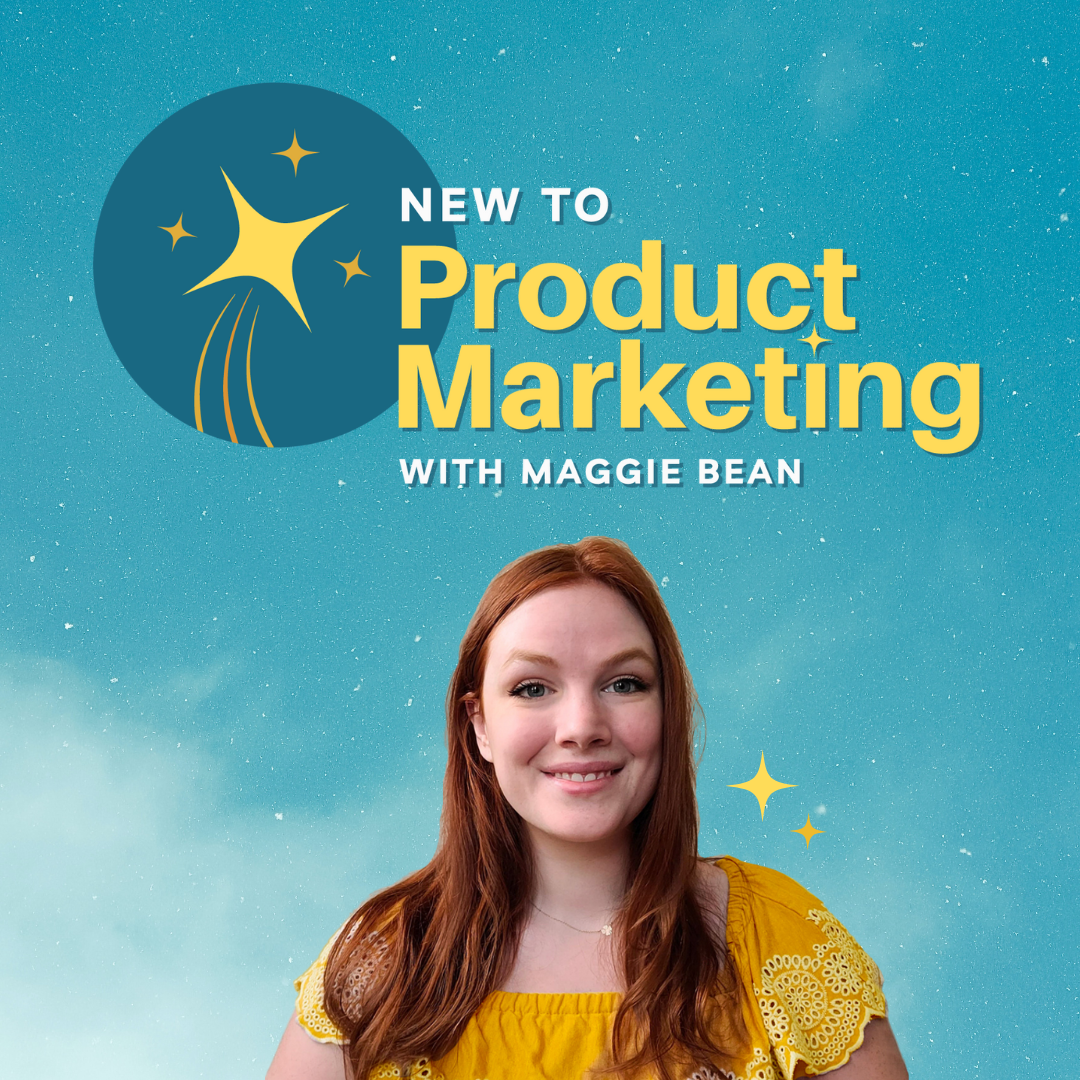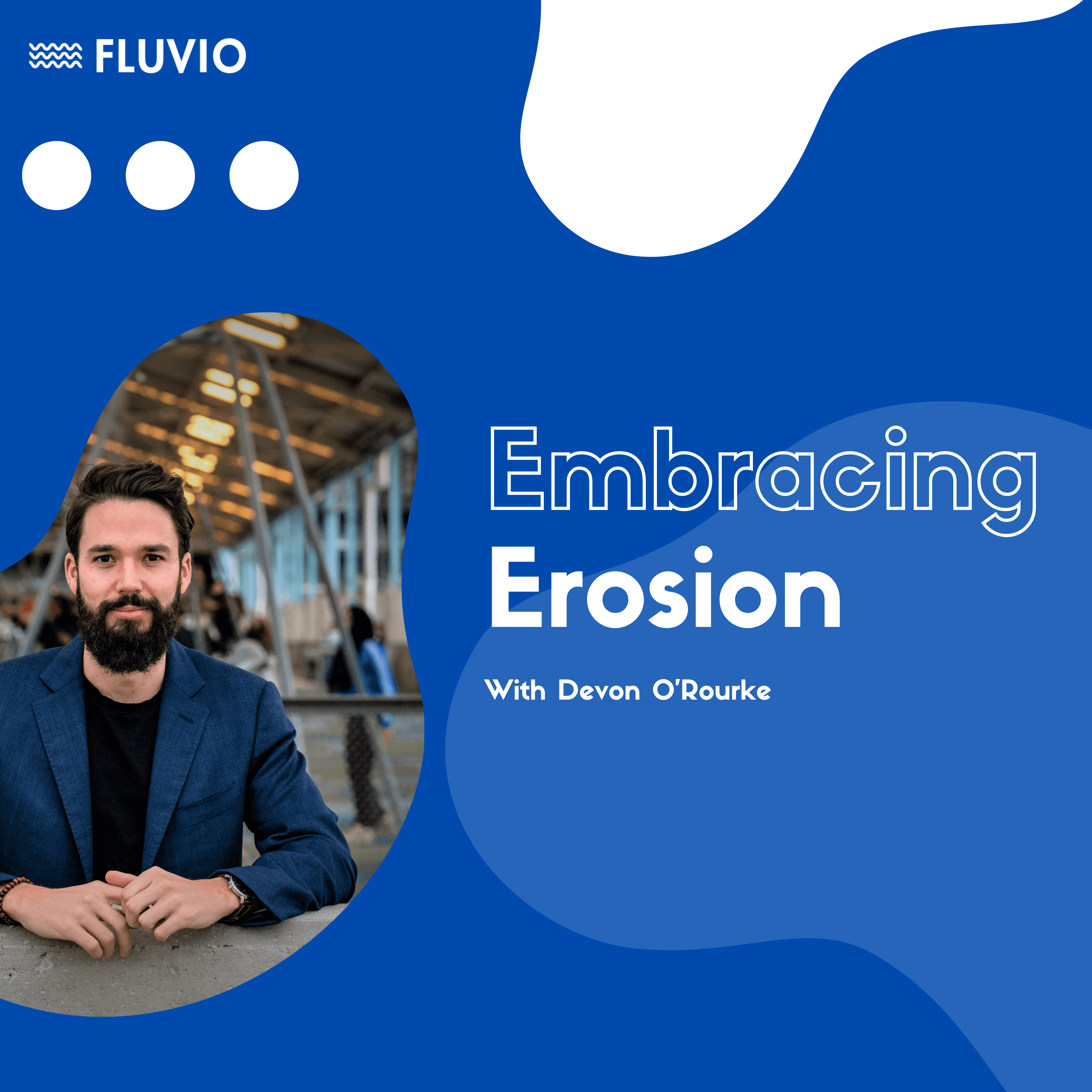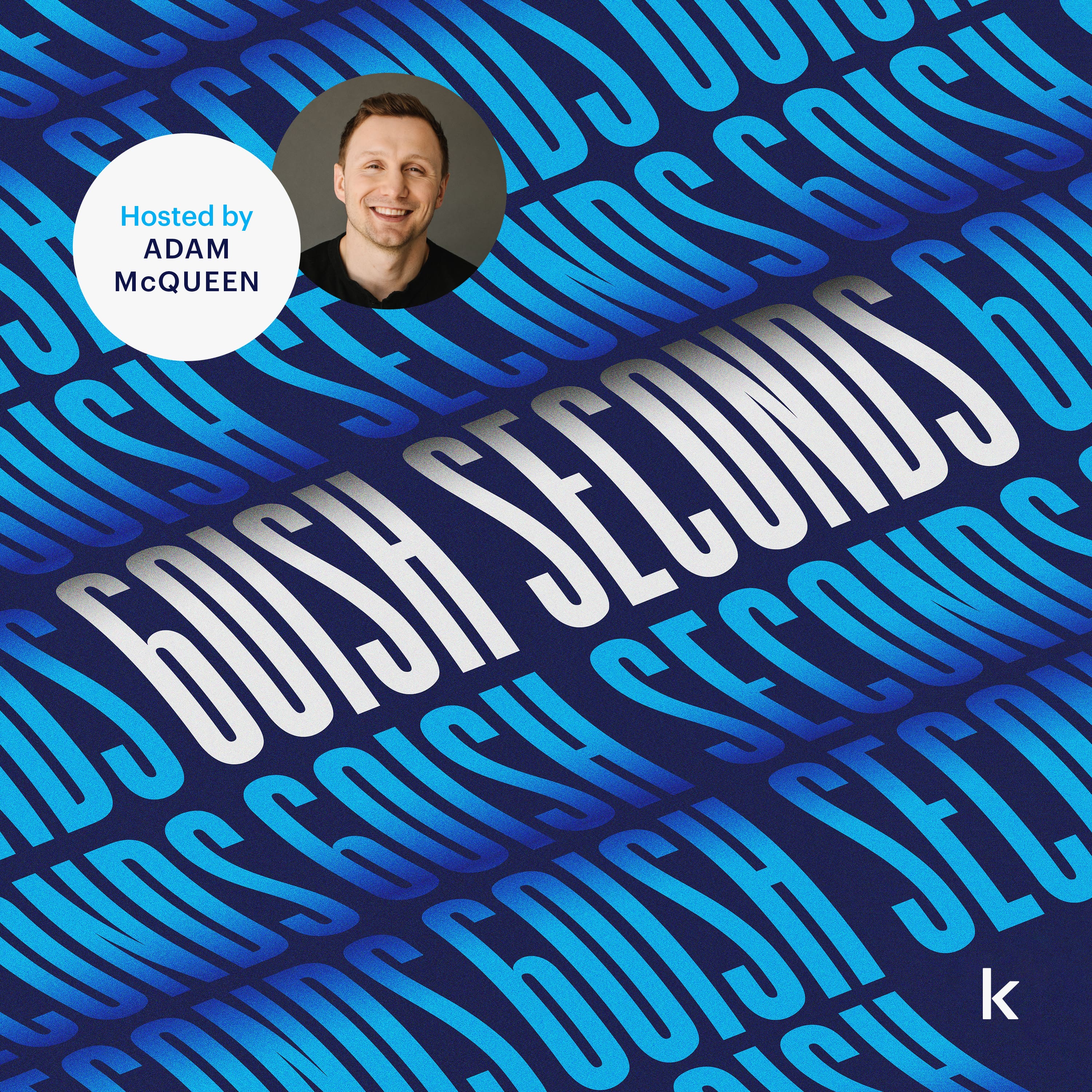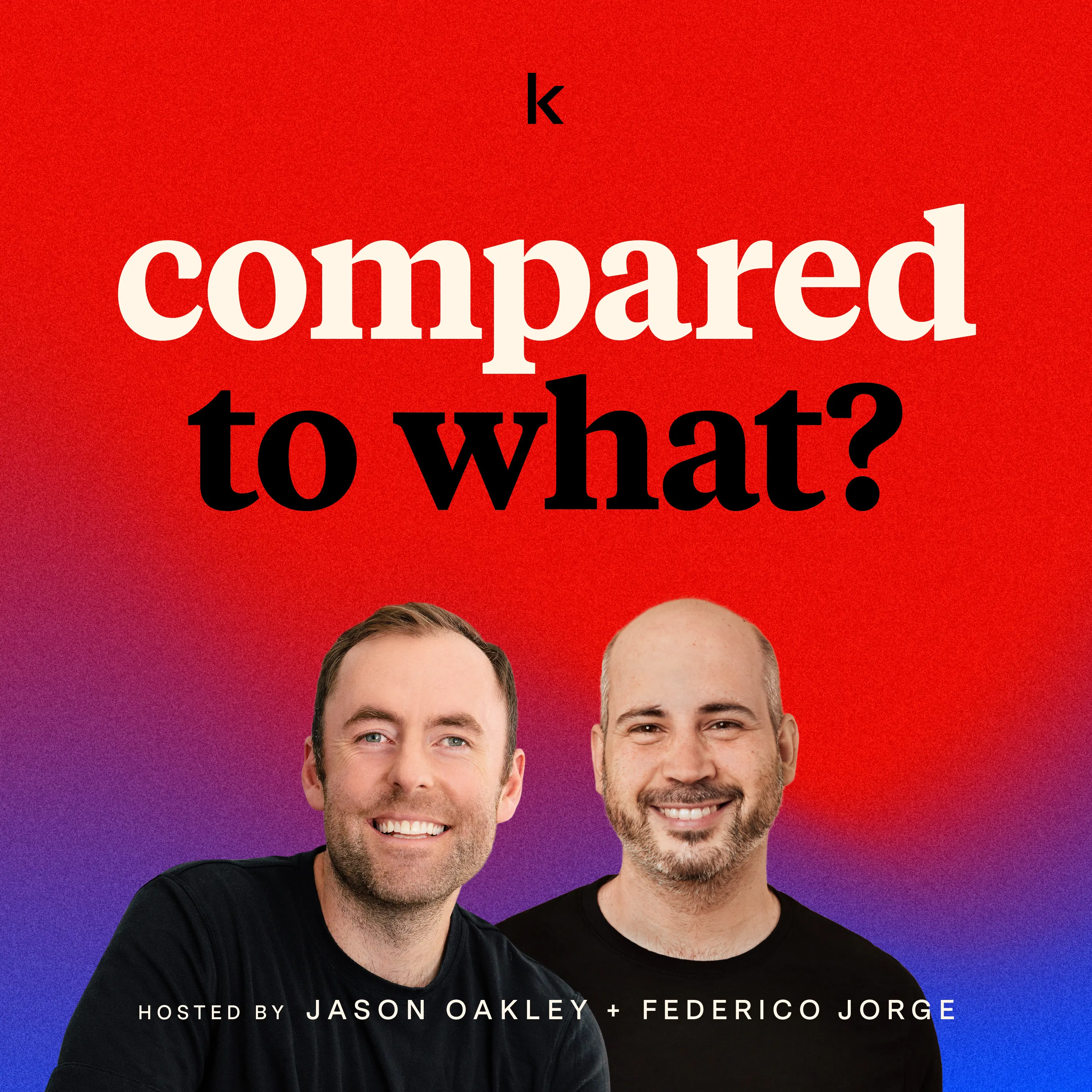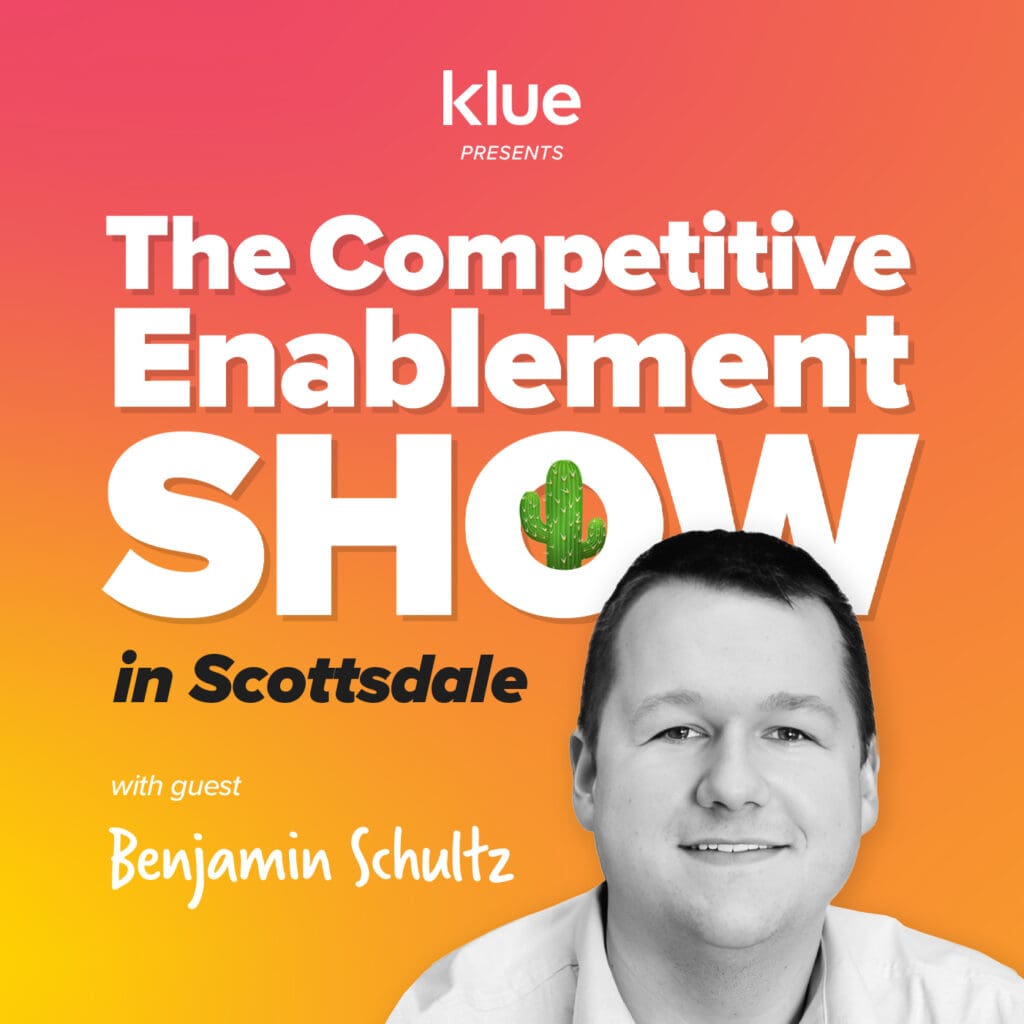Mercenaries and Missionaries in Competitive Intelligence
Adam is joined by the Johnson Brothers, Arik and Derek, both with nearly three decades in the world of compete. Arik is the founder, and Derek is the CEO, of Aurora WDC. Here are three takeaways from their conversation.
1️⃣ Positive internal friction leads to better outcomes 1️⃣
Wayne Gretzky says that until you’re willing to go hard into the corners you’ll never be a great player. The corners are where things get tough. And that’s exactly where you need to get comfortable to build a great career in sports as much as in compete.
Derek and Arik call this positive friction. Taking the easy way out and not ruffling any feathers won’t get you far as a competitive intelligence professional. That’s because, in order to build trust within the organization, you need to show you’re committed to the truth.
“You need to actively seek out and embrace that opportunity for positive friction to then develop trust with those stakeholders. So that in those downtimes you’re not the number one name on the list to get cut.”
There’s no doubt that negative friction also exists. Stakeholders with big egos who don’t want to hear the truth if it doesn’t suit them. In those situations, going head-to-head might not be your best bet.
But if you come to table with empathy, humility, a willingness to listen and the facts as you see them, you’re going to win out in the long run.
Download our ultimate 9 step guide to launching your competitive enablement program to learn more about measuring the success of your compete program


2️⃣ Think the unthinkable 2️⃣
Most colleagues in most departments are serving their departments’ needs — their superiors’. In some cases in some organizations, these colleagues are better off (in the short term at least) looking at the bright side of things, sweeping potential negative outcomes under the rug.
If you’re doing your job as a competitive intelligence pro though, you need to think the unthinkable, and be ready for the improbable.
“Most of the people inside the organization are more wishful in their thinking. That’s not your job. As an insights and intelligence person, your job is to consider what might go wrong.”
There’s a delicate balance between acknowledging that things might go wrong and telling everyone the sky is falling.
This is where you need to be an unbiased truth teller. Look at the data, combine that with your gut, your intuition and your experience and make the best recommendations for the organization.
If you do that, you have nothing to be worried about — even if what you’re predicting is a negative outcome.
Watch another competitive intelligence veteran Professor John Horn talk about what it takes to get inside the competitor’s mindset
3️⃣ Listen more than you speak 3️⃣
You’ve got the goods. The competitive insights, the recommendations. So it makes sense that you’re excited to share.
But your insights and recommendations are only good if they’re adopted by your stakeholders. And the best way to do that is to build relationships with those stakeholders through active listening.
“I think intelligence people have a tendency to get really into granular detail about what’s going on. That’s not always the most useful because it can paralyze people who don’t have the full context.”
The best intel is often the intel that others share with you. And no one wants to share anything important with someone who doesn’t listen.
Be confident in your recommendations and the value you bring. But listen more than you speak.


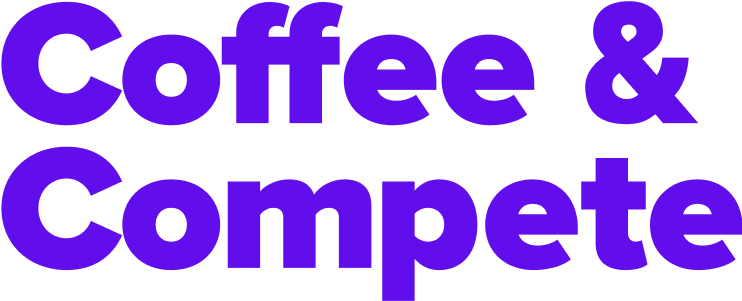

Stay up to date with the latest from The Compete Network
Be the first to know about the newest episodes dropping on the Compete Network, upcoming shows with creators, and community events where you can learn from top leaders.
JOIN NOWNEWSLETTER

Never miss a new release on the network.
(Your competitors sure aren’t.)
Be the first to know about:
- The latest episodes dropping on the Compete Network
- Community sessions & events
- Upcoming exclusive shows

